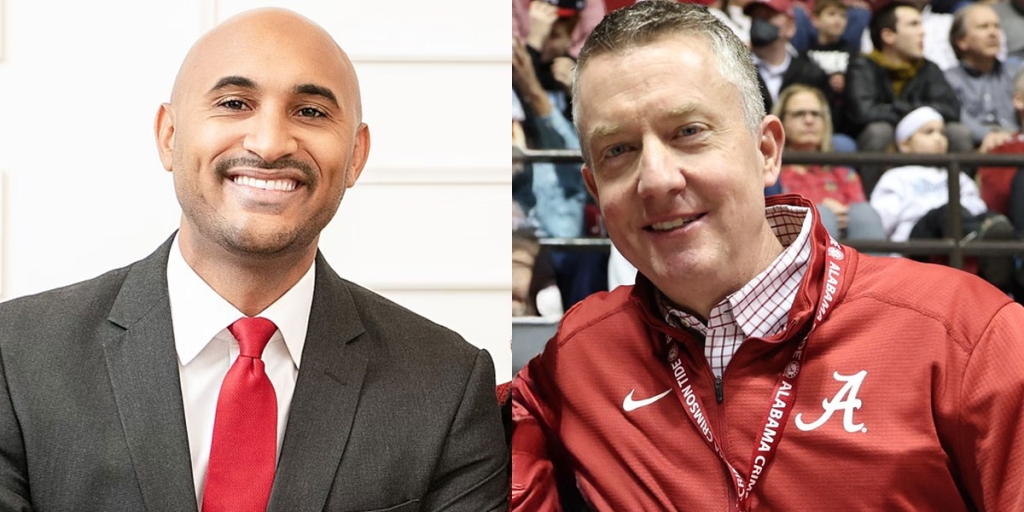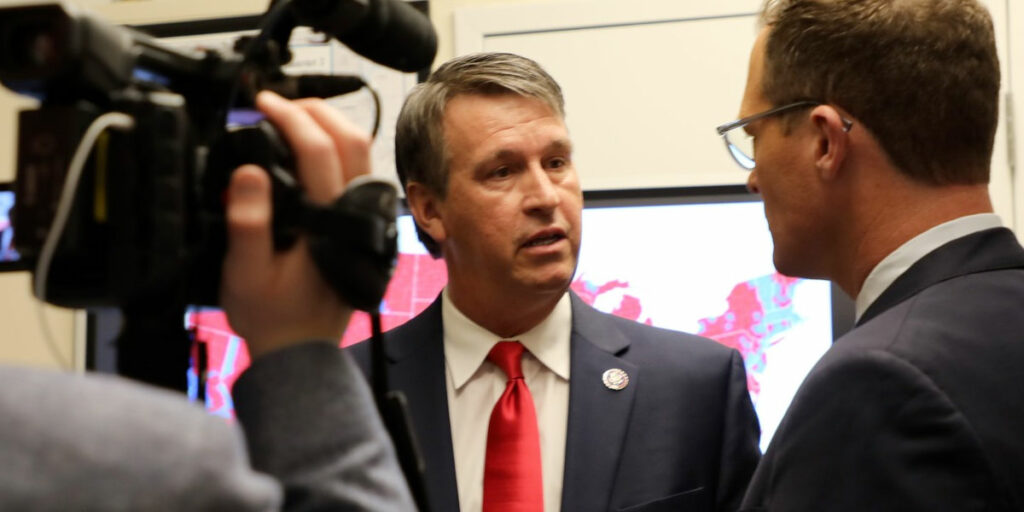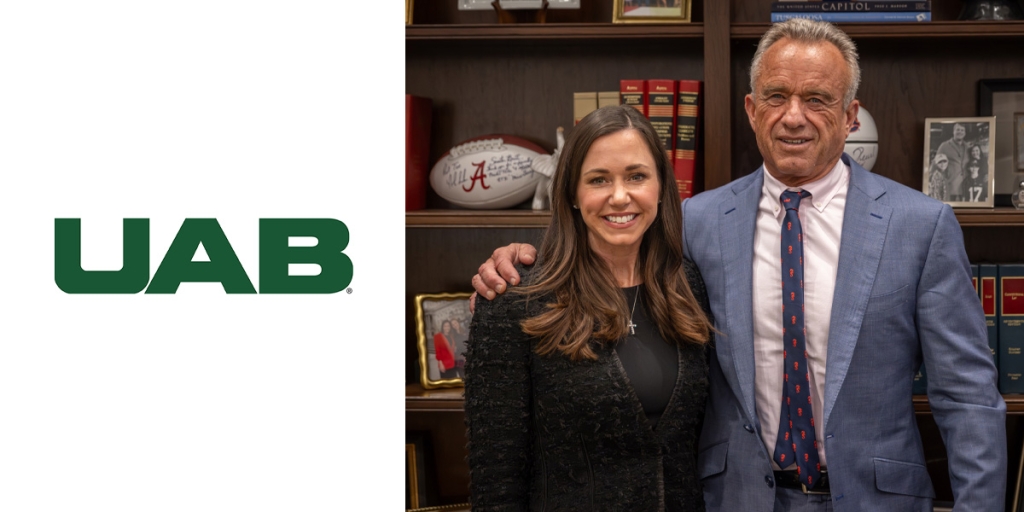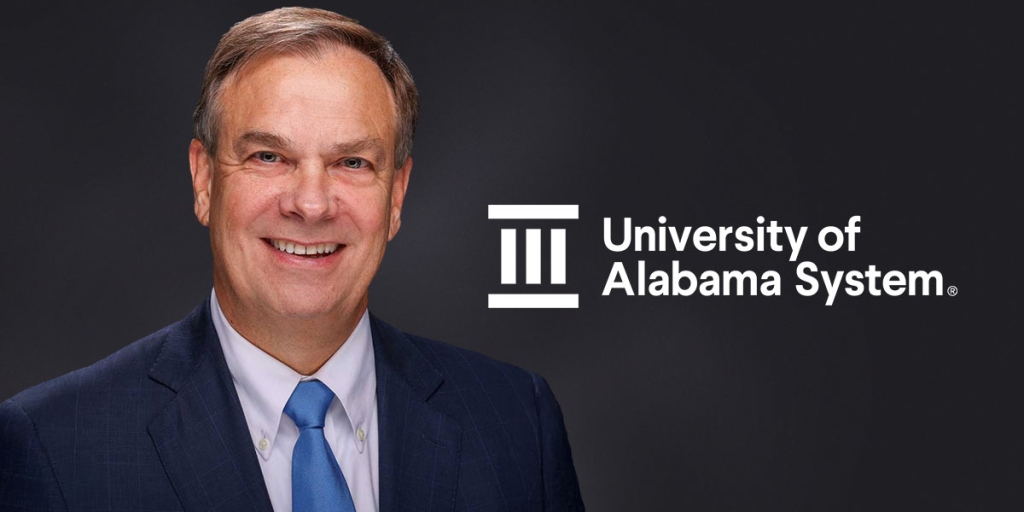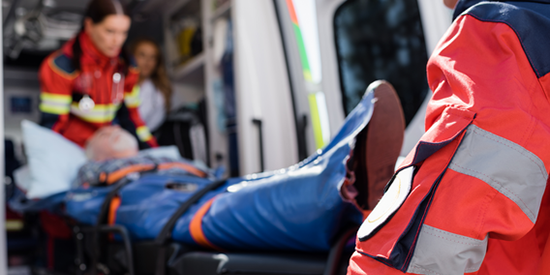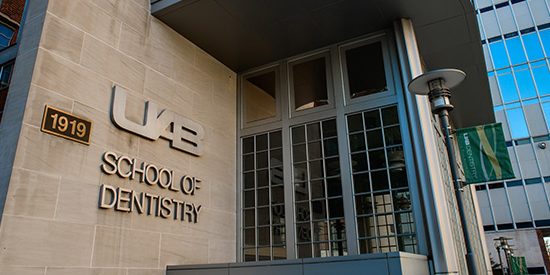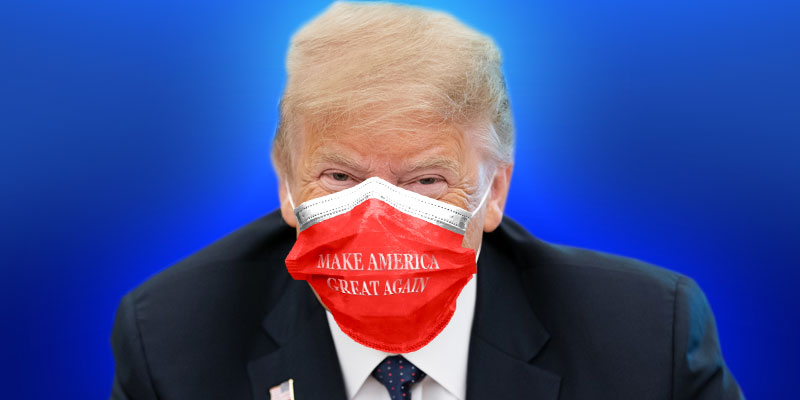As the coronavirus continues to sweep the country, New York City remains one of the areas most affected. A surge of patients left many hospitals understaffed and overwhelmed. One doctor at the University of Alabama at Birmingham saw this as an opportunity to answer the call to help.
Gretchen Winter, M.D., an assistant professor with UAB’s Division of Pulmonary, Allergy and Critical Care Medicine, says her training in critical care and her current position during this time was a perfect combination to allow her to help in New York.
“I felt that I was put in my position with certain skills at this certain time, and I had to believe that was to fulfill the purpose of helping however I could,” Winter said. “I saw the physicians and patients in New York City struggling, and I knew I was able to help, so there wasn’t much of a question. There was a need I could fill, so that’s what I wanted to do.”
Winter began her journey five weeks ago and has been treating patients at New York-Presbyterian Weill Cornell Medical Center.
Winter says a typical day consists of walking a couple of blocks from her hotel to the hospital to be there at 7 a.m. She then spends her morning reviewing patients’ labs and examining patients, then completing rounds with a team of residents, physician assistants and a critical care fellow.
“We discuss each patient in detail and make plans for their treatment,” Winter said. “The rest of the day is spent making those changes we discussed, adjusting ventilator settings to keep patients comfortable and to optimize their breathing, and putting out fires as they arise. I walk back to the hotel at 7 p.m. Once in my hotel room, I remove my shoes just inside the door and put all clothes and belongings on a ‘COVID’ shelf away from other things. Then I take a shower and wash my hair before venturing into the rest of the room. I normally eat dinner and do a little yoga then go to bed and repeat.”
The combined stress of treating sick patients, being away from home and dealing with the unknown is something that was hard to deal with at times, Winter says. But there were some bright moments.
“The best highs were extubating patients — removing them from the ventilator — and transferring them out of the ICU when they were stable,” Winter said. “And sometimes it was little things, like a patient who opened their eyes when I talked to them after weeks of being unresponsive. I was encouraged seeing people band together to help others, even when it wasn’t their typical role.”
Unfortunately, there was a lot of loss as well.
“Loss of life, loss of abilities, loss of time with loved ones,” said. “That was hard to watch and deal with day after day. It was also difficult being alone and isolated. When I wasn’t working, I was alone in a hotel room. I didn’t have my exercise equipment or my kitchen, so my personal health definitely struggled. I really missed my pets, and several of them were sick while I was gone and had to be taken to the vet and the hospital. It was hard not being there for them when they needed me. I know I was also needed here, but I felt like an inadequate ‘pet mom’ to not be with them when they were hurting.”
As a health care provider on the frontlines, Winter says there are a few things she wishes the public knew about COVID-19 that are not necessarily seen in the headlines.
“I hear people say that only the elderly and sick die from this disease,” she said. “They are incorrect. Yes, many of those who are dying are older or sicker; but I’ve had many young and previously healthy patients fighting for their lives on ventilators and maximal life support.”
After five weeks of treating patients in New York, Winter says she learned a lot during her time there.
“I definitely feel more equipped to treat patients with COVID-19,” Winter said. “I worked with so many people banding together to serve others, and that made me so hopeful. I worked with fellows from other specialties who came back to work as residents, and child life specialists who brought us snacks to lighten our mood, and nurses and physicians from different departments and locations all coming together to serve where needed. Seeing so many people pitch in however they were able was inspiring.”
But, there are also some things that will be hard to get past.
“I also left with a broken heart,” she said. “I am devastated for these patients and their loved ones. I am emotionally and physically exhausted after five weeks of long hours and repetitive loss. I am disheartened to see people gathered socially and refusing to wear masks. After seeing the havoc wrecked by this virus, it is hard for me to balance my hope from so many people helping with my anger at so many people who refuse to follow this guidance. I can only hope that these people will listen and learn. I’m happy to be coming home to help my patients in Alabama. We just really need people to do their part to help keep those patients and each other safe.”
Winter says she is honored to have had the opportunity to serve in New York, but does not want anyone to think she is a hero.
“The doctors and nurses and other hospital staff who have been working week after week long before I came deserve all the praise and the recognition,” Winter said. “These people fought tirelessly to save lives, not because there was publicity or recognition, but because it was the right thing to do. I am blessed to have served alongside them for a few weeks, and I am leaving a better person because I knew them.”
For more coronavirus information, visit uab.edu/coronavirus.
(Courtesy of UAB)





